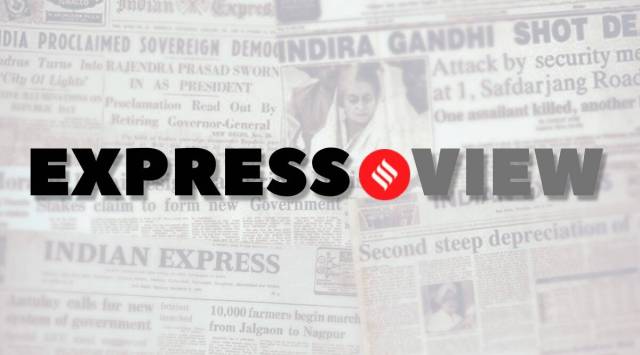
The Pasmanda Muslim conference organised by the BJP on Sunday in Lucknow is part of the politics of outreach that the party has been working on to expand its support base. The BJP has managed to successfully build a “Hindu vote” around a hardline politics that mixes nationalism and religion since 2014 and win elections, including and especially in Uttar Pradesh. Now, the party seems to be looking beyond its core voters and engaging castes and communities that traditionally voted for non-BJP parties to firewall its electoral gains, especially in UP and Bihar. The Pasmanda conference as well as the RSS paying tribute to SP leader Mulayam Singh Yadav, who died recently, at its National Executive Board meeting in Prayagraj point towards a turn in RSS/BJP politics that is aimed at weaning and winning new social constituencies.
Prime Minister Narendra Modi signalled the Pasmanda outreach when he exhorted the BJP national executive a few months ago to address the problems of Muslims from backward communities. The BJP leadership has often claimed that the party is unfairly painted as anti-Muslim. The party’s campaign also argues that political outfits preferred by Muslims in the past treated them as mere vote banks and did little to improve their material conditions. The story goes that the traditional leadership of Muslims, mostly comprising of Ashrafs (upper class/castes), monopolised office and privileged their interests over the concerns of Ajlafs (equivalent to Hindu OBCs) and Arzals (equivalent to Dalits), together known as Pasmandas. Sections of Pasmanda Muslims have been making a similar argument and working towards building a movement that foregrounds issues such as political representation and reservation in education and employment. In this context, the BJP’s decision to send Ghulam Ali Khatana, a Gujjar leader from Jammu and Kashmir, to the Rajya Sabha, and induct Danish Azad Ansari, a Pasmanda Muslim into the Yogi Adityanath government is notable. The BJP and RSS also sense that there is room to spread and grow among the Yadav community and acknowledging Mulayam Singh Yadav is a gesture towards that end.